How the subscription economy led to the death of ownership
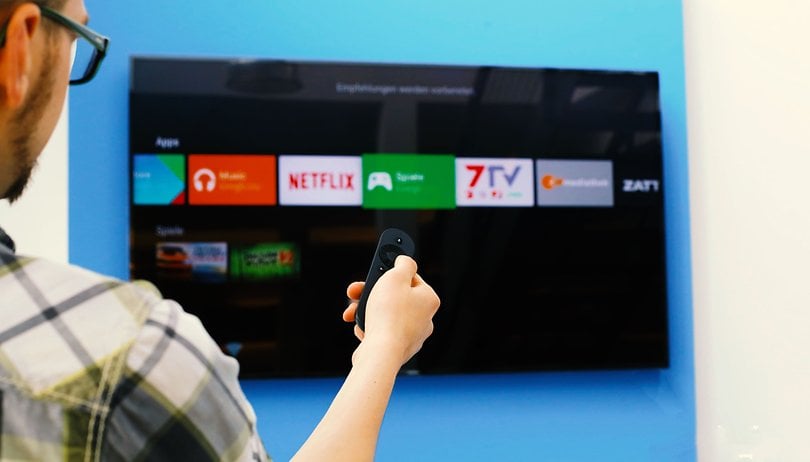

When was the last time you listened to your favorite record or watched your favorite movie using a physical copy you actually own? Netflix and Spotify may have changed the way I 'buy' music and film these days, but the subscription economy is reaching much further and much wider than that. Here's what it means for consumers.
You can subscribe to almost anything these days. According to industry experts, people are caring less about owning stuff, and caring more about having access to stuff. There's a very big difference there. Let's take a look at an example so we're all on the same page.
I used to own stacks of CDs. Now I use Spotify Premium. My shelves are now free and I have all the music I love on-demand, on my phone, on my computer, on my TV, both online and offline, anywhere. But I don't own any of this art the way I used to own those CDs. If I cancel my subscription, all of the music goes away. If Spotify decides to remove all of Radiohead's albums, I can no longer listen to them (no great loss, they're overrated, but you get my point). This is the model we are moving towards, and consumers are lapping it up!
The numbers don't lie, ownership is dying
The growth of the subscription economy is rapid and relentless. According to Zuora, the leading cloud-based subscription management platform provider, the subscription economy has grown by 350 percent in the last seven-and-a-half-years. Consumers have increasing demand for access to convenient, digital services over the ownership of physical products. By 2020, 50 percent of the world’s largest enterprises will see the majority of their business depends on their ability to create digitally-enhanced products, services, and experiences.
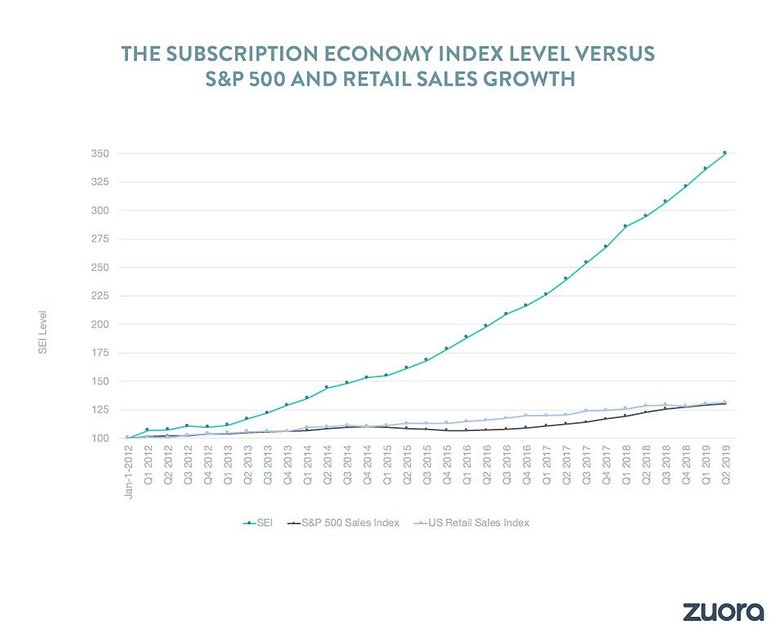
"The Subscription Economy is not limited to one or two industries. We’re now seeing sectors far and wide placing subscriptions, over pure-play products, at the center of their businesses to achieve rapid and sustained long-term growth," said Dr. Carl Gold, Chief Data Scientist at Zuora. "The SEI report showcases the transition to subscriptions beyond the boundaries of traditional SaaS organizations into the Manufacturing and Business Services sectors, exposing the phenomenal value of the subscription business model in today’s digital age."
According to a survey Zuora recently conducted in conjunction with YouGov, 82 percent of people in the UK now subscribe to at least one product or service. This includes services such as Hello Fresh, Zipcar, coffee subscriptions, and digital services such as Netflix, Amazon Prime Video and Music, Spotify, Adobe Creative Cloud, the list is endless.
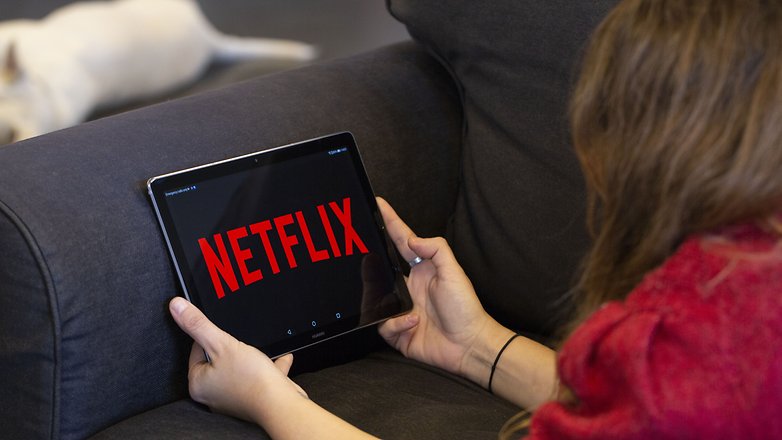
Is the subscription model actually better for consumers?
As a participant in the subscription economy, I have mixed feelings about the way the market is going. There are services where I am happy to give up ownership. Music is a good example. Spotify is amazing, and I do not miss owning the music. If I really want to, I can buy the vinyl LP and have the best of both worlds. But what about when that is not an option. For photo editors, not being able to buy a copy of Photoshop, for example, must be a pain. The only way to have access to the software is via a subscription to Adobe's Creative Cloud.
Then there's the example of Flywheel. Owners, who had spent $1,999 on the connected bike, woke one morning last month to find that their bikes would no longer function because of a patent dispute with Peloton, Flywheel's main competitor. Customers' two-grand bikes are now bricked - not cool! This is not a new phenomenon. We've also seen similar things happen with Sonos. This is a bigger issue that not owning the content we watch on Netflix or the music we listen to on Spotify. When hardware is so reliant on software, do you really even own that hardware at all?
There's also an issue of rising costs for consumers here. When I used to live in the UK back in 2013, a single subscription to Sky Sports would give me access to all the English Premier League (EPL) matches broadcast on television. Today, an English football fan has to pay three broadcasters (Sky, BT Sport, and Amazon) to have access to the same number of games. Watching the EPL on TV wasn't cheap seven years ago, but now it is extortionate.
"For companies, it’s a no-brainer," said Jeff Wlodarczak, an analyst at Pivotal Research specializing in online subscription services, in an interview with British newspaper The Telegraph in October 2019. "For the consumer, I suspect that in most cases they are paying more than they need to."
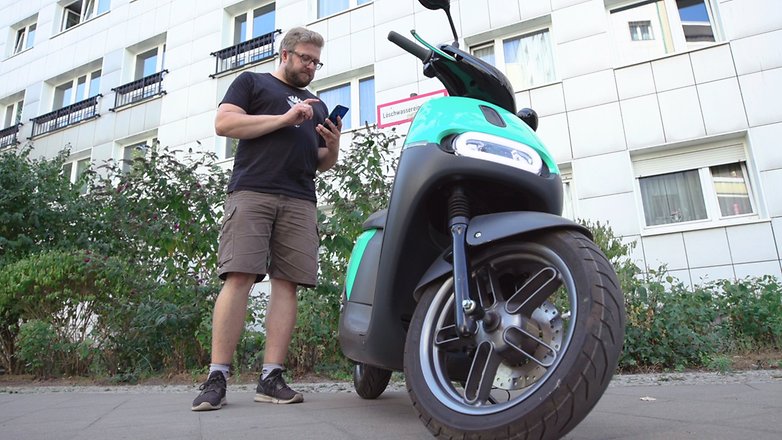
Car ownership is one area where I do see the benefits of the subscription model, however. With growing ecological concerns, owning your own car that sits static for the majority of its life feels outdated. Sharing is caring, in this context. But my support for subscription models in the field of urban mobility is not based on simple economics. There are environmental gains here that offset some of the financial costs of paying for access compared to owning outright.
So consumers are paying more to own less. Are we are all letting it happen on our watch. It's something that sits uncomfortably with me. What do you think? Tell us about your experience with the subscription economy below the line.
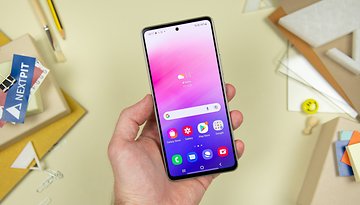
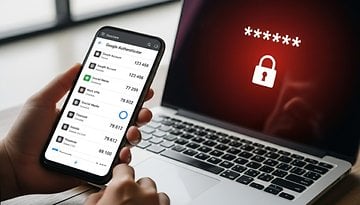
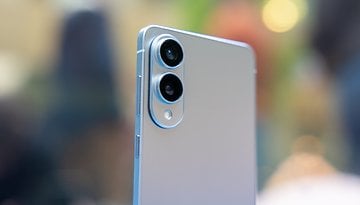
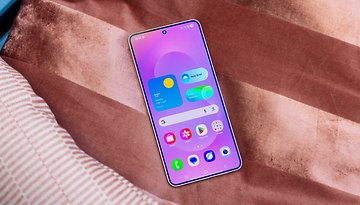
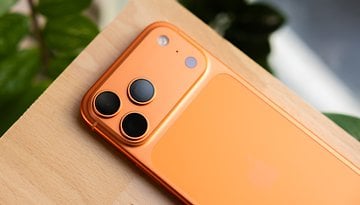

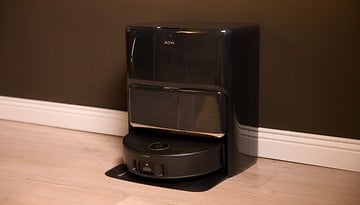
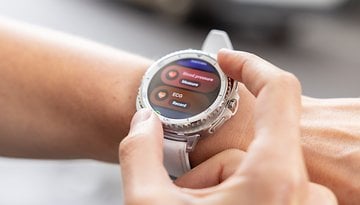

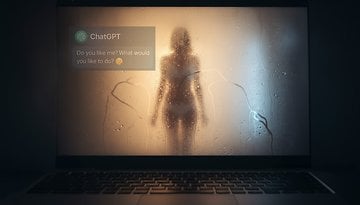
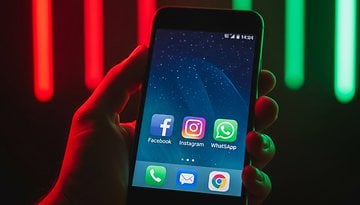
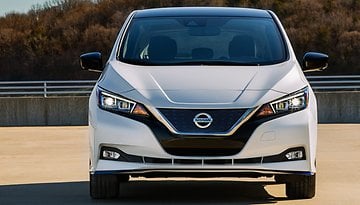


Currently I am paying for Six subscriptions - Evernote Premium, TunnelBear Yearly, Pocket Premium, Curiosity Stream, Youtube Premium bundle (videos + music) & Digi Cal (holidays). All are extremely beneficial.
It's not my preference in consumption. For things ill only read watch listen once I have the library. I pay that tax no matter what and it's less than any subscription service. Better mix of content too.
Small correction: you don't OWN the music on your CD, you merely own the storage medium and you have a LICENSE to the music. Same with apps.
Yes, relying on an on-line service rather than a physical medium does provide you with the risk of the service being or becoming unavailable. Relying on a physical medium provides you with the risk of having the medium not available. Or the music in your vinyl collection being useless due to a power black-out.
Well, you could zoom out, and compare other services and possessions. A power black-out is a service interruption. Would you prefer having your own power plant? Would you rather own an airplane than book flights?
I guess that everyone has different considerations, even per person depending on time and place. And every now and then wishes to have chosen the other option.
I know: paying for a service that you don't use (at least for an installment period) makes you feel like having wasted the corresponding money. Paying for property you don't use seems to count less. (Something of a pun here.) Except perhaps in real estate.
I think that it all boils down to hindsight. :-)
Yes, the counter argument to this article was the raging success of the Nextbit Robin because cloud and streaming subscriptions replaced everything else. [/sarcasm]
I get it, and disagree with the the content of this article. However, I have felt that I HAVE NEVER owned anything! example: I bought "Meet the Beatles on vinyl in the early '60 ( I am an old guy). When 8 tracks came out I paid a premium once again. Of course, I had to have it when Cassettes came out. Oh wait, here come the CDs! Once again I paid big. The music industry has always gotten their money. Yes, we all made copies of our friends media and lent them our own to be copied to off set the costs. Now, we share logins. One reality is that I am paying more now for my music than I ever did before, however I now have a music collection of fifty million songs, in HD, no hiss, no scratches no long searching! When an obscure song pops into your head, you have it cued up in an instant. Whats next? Additionally, I almost, but never did buy Ponos,
-
Admin
Mar 4, 2020 Link to commentNot a good idea. One day, very soon, this will have bad consequences. It is just another way of subduing people
Could you explain how you feel it subdues people? I'm not getting that reasoning.
-
Admin
Mar 5, 2020 Link to commentSubscriptions are a scam by greedy corporations intended to suck as much money as possible from consumers (that have no other way to use the contents than pay over and over again) and also to make parasitc profits from content producers. Not only this: subscriptions are also a way to control what contents get distributed and promoted. Apple and Amazon are very clear examples of this policy and consumers and content creators do not have a chance against them and are at the same time told that they are making a choice by themselves. What is behind this is only greed and the attempt to put consumers ( and small content producers with no contractual power) on a chain. Subscriptions make sense, like subscribing to a newspaper, because they will make us save money . They do not make any sense if they put us in the position of being the work animals generating a constant stream of revenue.Also I was happy buying and using software licenses and suddenly the vendors decided that I needed to subscribe to use software because they want recurring revenues. No thanks
Then subdue just struck me as an odd verb choice with a different implication. Milk, drain, bleed seem more in line with the description
-
Admin
Mar 5, 2020 Link to commentNo, I would say more subjugate, make subordinate. People do not count in this kind of operations, they are not even considered, just numbers, animals.